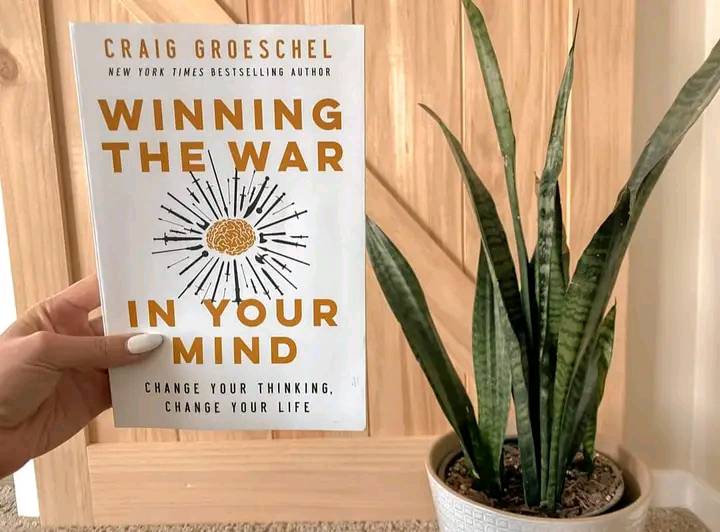“Freedom is not about being able to do whatever you want, but about being able to choose what is truly important to you. It’s not about living a life without boundaries, but about living a life that is aligned with your values and priorities.”
7 key lessons from Darius Foroux’s book “What It Takes To Be Free”:
1. Freedom Lies in Independence, Not Dependence: True freedom comes from being self-sufficient and relying less on external factors for happiness and fulfillment. The book encourages you to reduce dependence on substances, gadgets, or social validation for a sense of well-being.
2. Break the Cycle of Emotional Dependence: Being overly reliant on others for emotional support can limit your freedom. The book highlights the importance of developing emotional resilience and managing your own happiness, fostering a sense of inner strength and independence.
3. Identify and Challenge Limiting Beliefs: We often hold unconscious beliefs that restrict our potential. “What It Takes To Be Free” encourages you to identify these limiting beliefs, challenge their validity, and replace them with empowering thoughts that support your goals and aspirations.
4. Stop Mindlessly Following Random Thoughts and Emotions: Our thoughts and emotions can be fleeting and unreliable. The book emphasizes the importance of mindfulness and developing the ability to observe your inner world without getting swept away by negativity or impulsive decisions.
5. Beware of the Comfort Trap: Seeking comfort and avoiding challenges can hinder your growth. The book encourages stepping outside your comfort zone, embracing calculated risks, and pursuing personal growth opportunities for a more fulfilling life.
6. Avoid Shiny Object Syndrome: Being constantly distracted by the latest trends or fads can keep you from focusing on what truly matters. The book suggests prioritizing your goals, developing a deep focus, and avoiding getting pulled in different directions by fleeting interests.
7. Freedom Requires Accountability: True freedom doesn’t mean doing whatever you want. The book emphasizes taking responsibility for your choices and actions, holding yourself accountable for your goals and personal growth journey.
By following these lessons, Foroux argues, you can break free from external limitations, negative thought patterns, and self-imposed restrictions. This journey towards self-reliance, emotional intelligence, and personal growth empowers you to live a more fulfilling and free life.
BOOK: https://amzn.to/3xETj08









